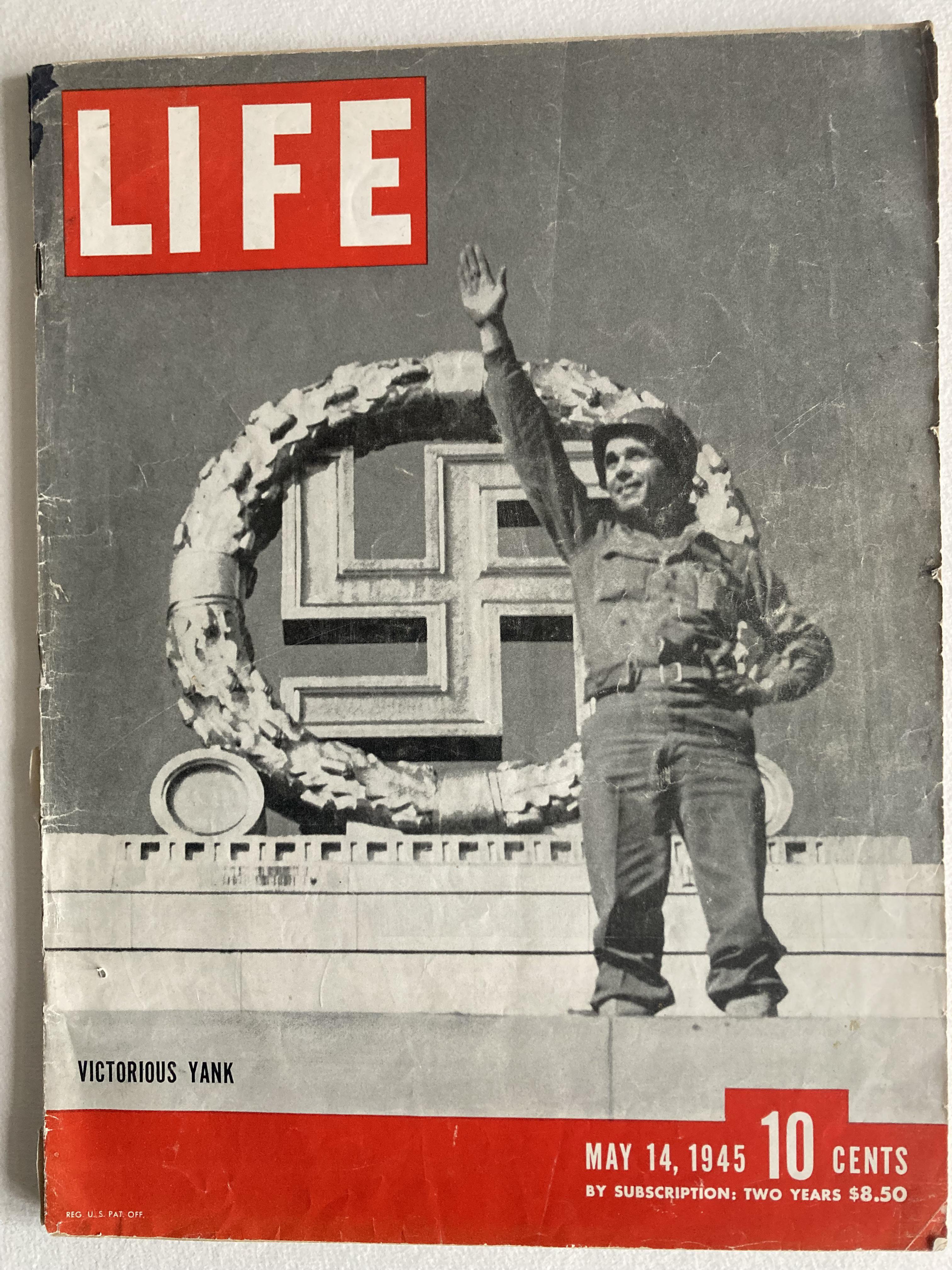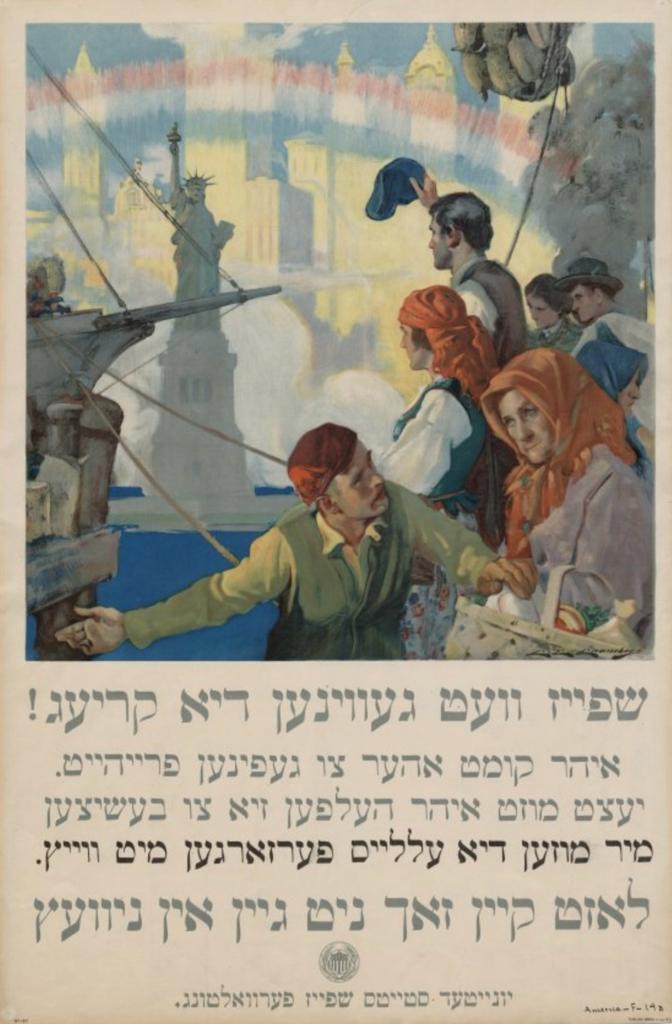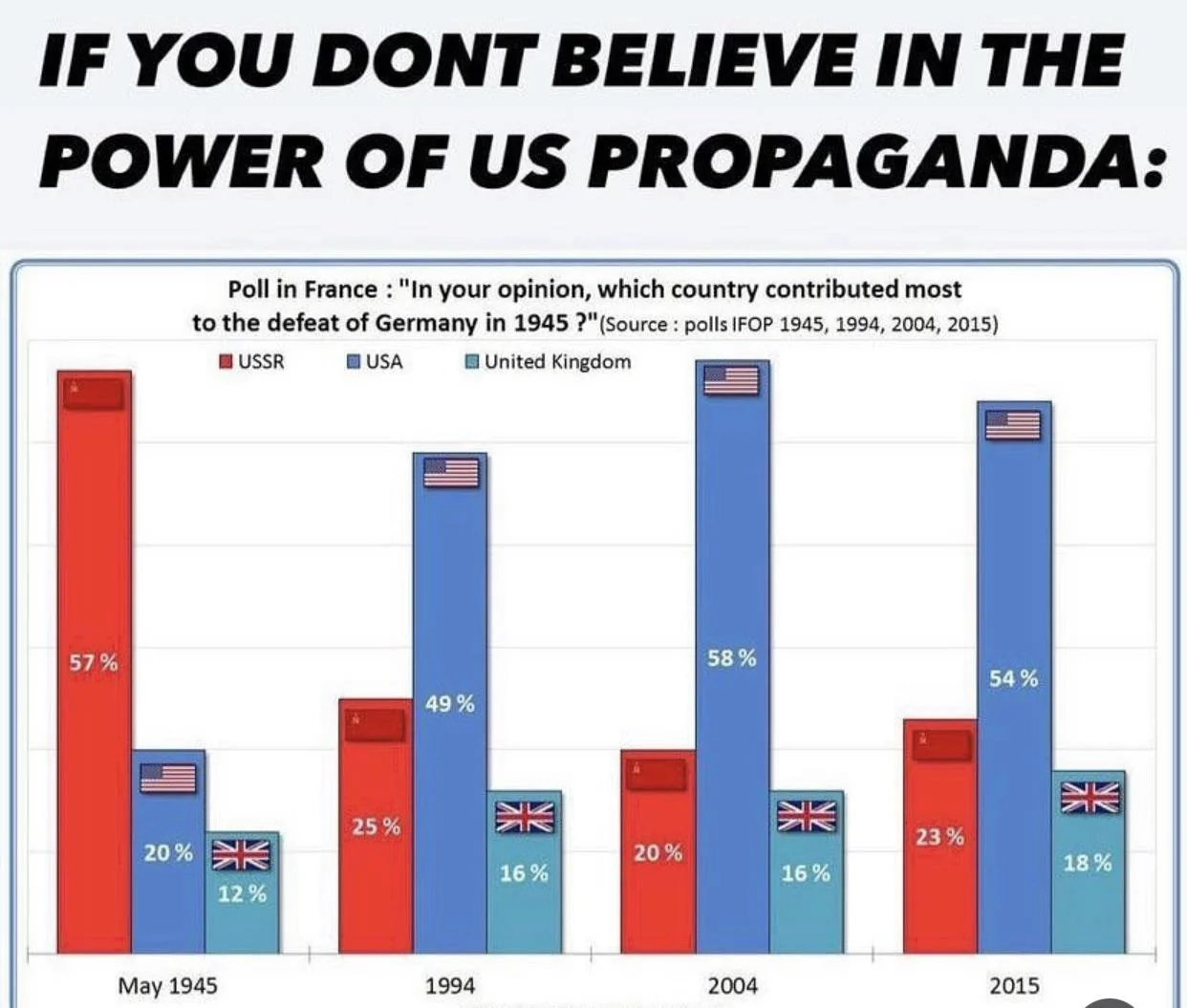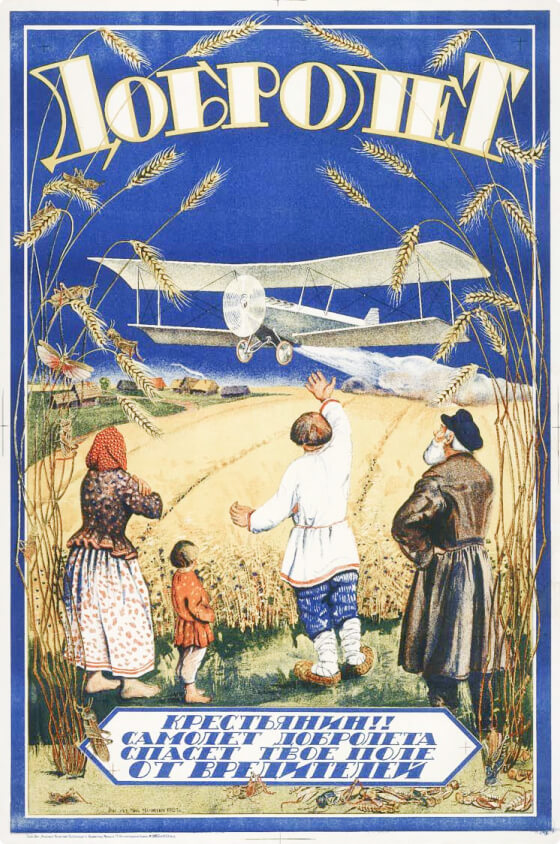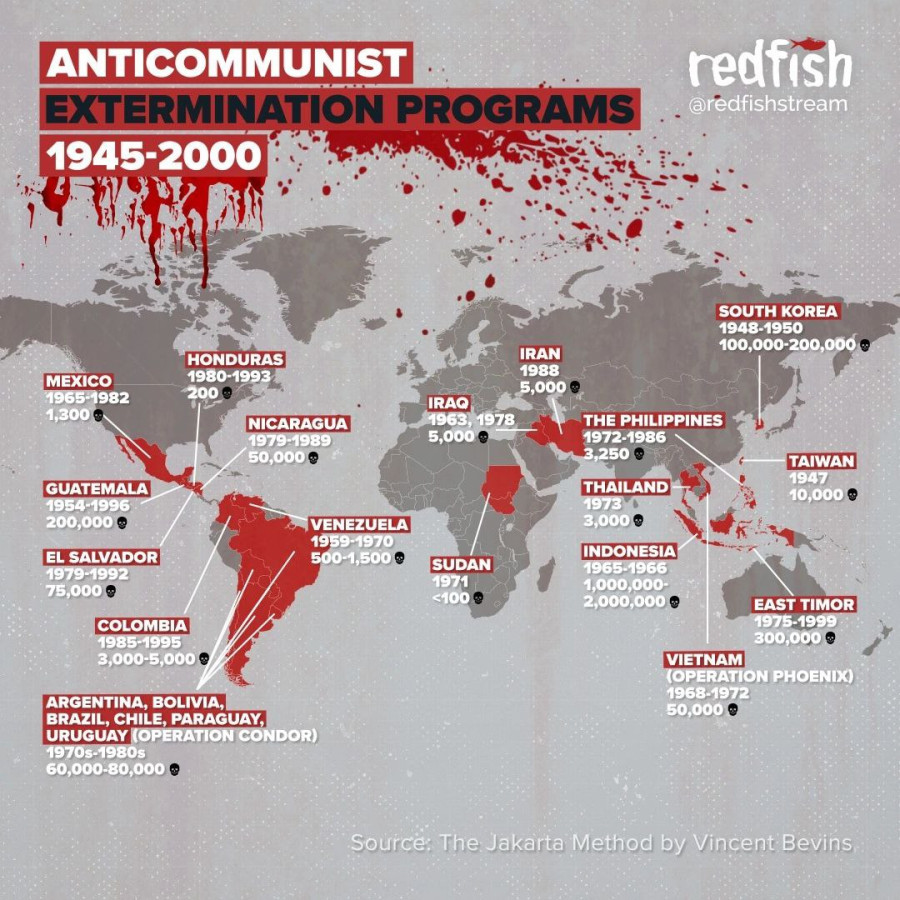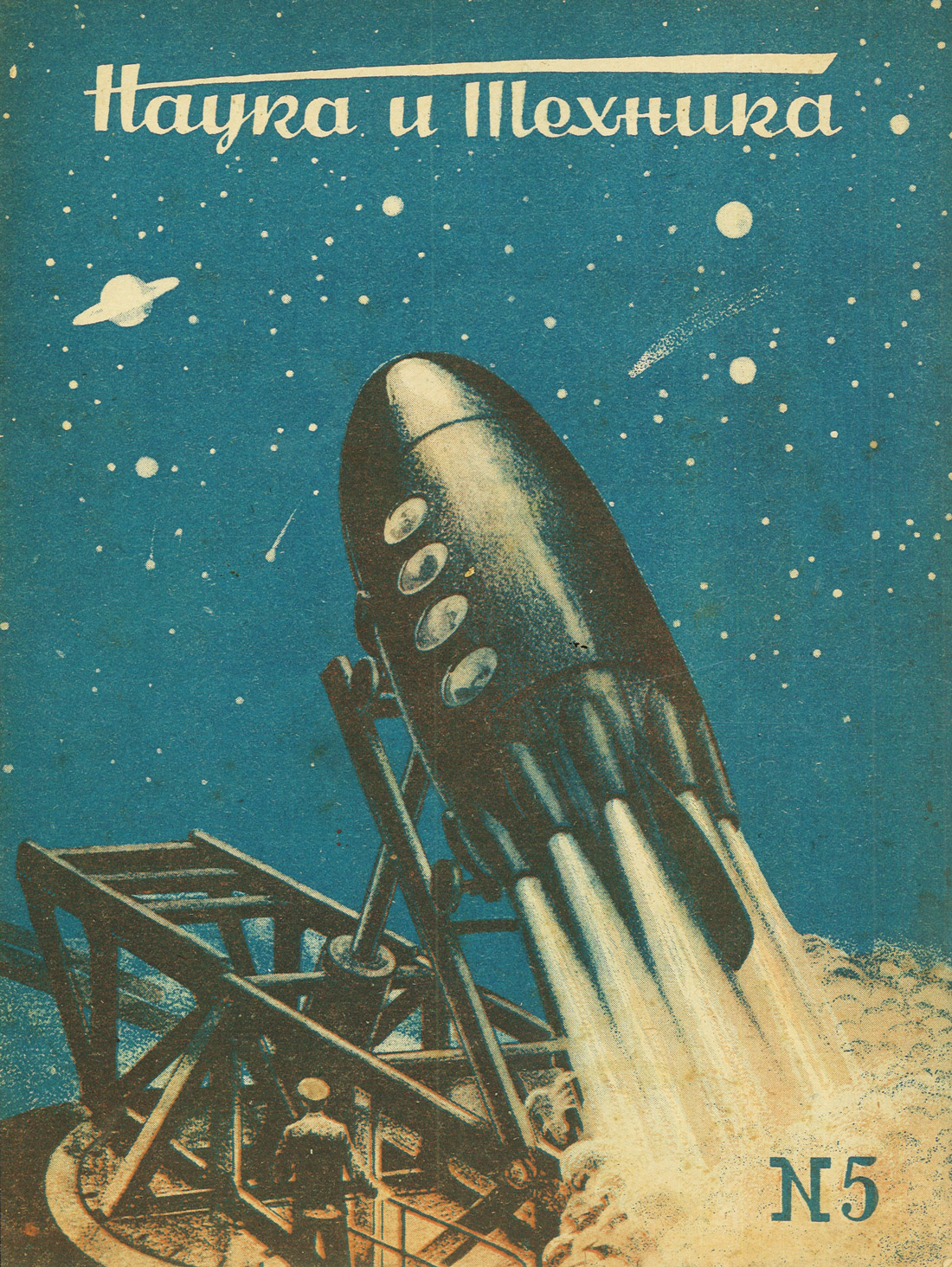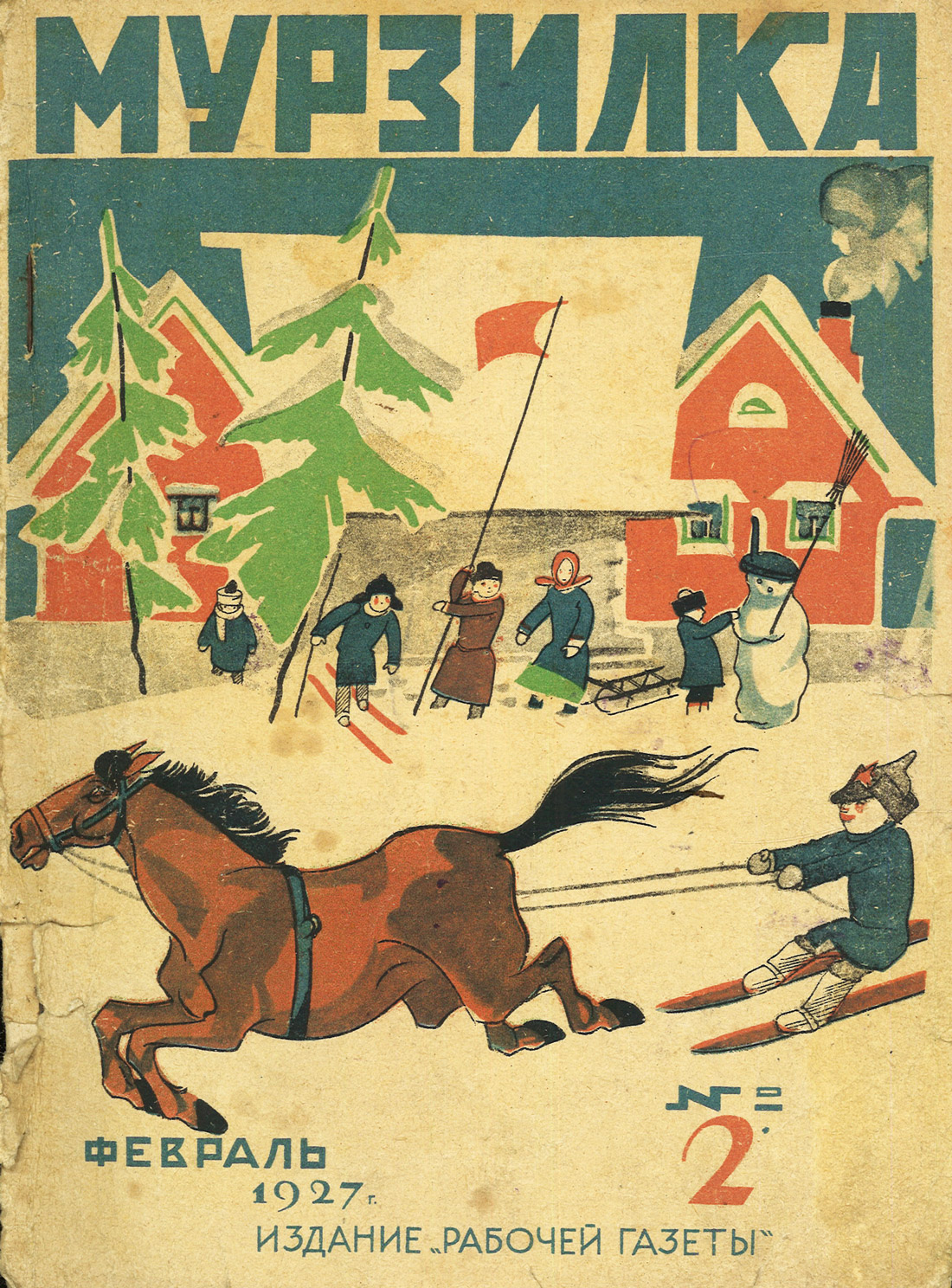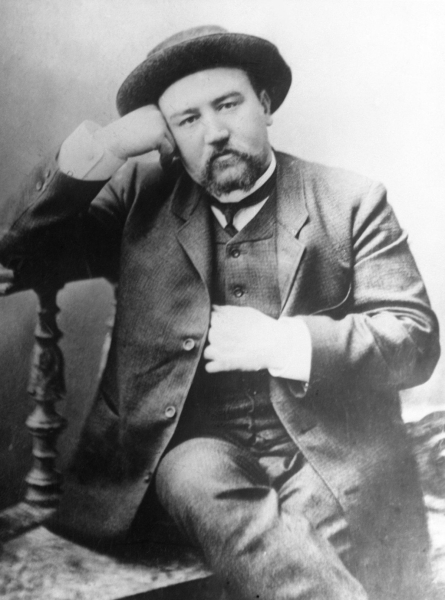Suche
Beiträge, die mit history getaggt sind
And we pumped just dozens of [false propaganda] stories about Cuban...
And we pumped just dozens of [false propaganda] stories about Cuban atrocities, Cuban rapists. In one case we had the Cuban rapists caught and tried by the maidens who had been their victims and then we ran photographs that made almost every newspape…diaspora* social network
https://aviationmuseumofnh.org/
Lies about Pearl Harbor
In particular, shortly before the disaster at Pearl Harbor, such an episode took place. Here it is reconstructed according to the per- sonal testimony of its participant, military linguist John Hurt (John Hurt. “The Japanese Problem in the Signal Intelligence Service”. NSA William F. Friedman Collection, Document A58132. ), who translated those encrypted telegrams from the Japanese For- eign Ministry that were decoded by Friedman’s analysts.
In November 1941, 10 days before the attack, while Hurt and Friedman were visiting a mutual friend in a sanatorium, the cryp- tographer asked the interpreter how he assessed the current state of relations between the United States and Japan from decrypted dis- patches. Hurt replied that the negotiations between Tokyo and Washington seemed to be over. In turn, he asked Friedman what, in his opinion, such an escalation of relations meant. Friedman an- swered very briefly it meant war. Shocked by these words, Hurt emotionally asked the cryptographer, who was much closer to the high authorities, whether the United States was ready for such an escalation of hostility. “I hope so,” Friedman replied…
About what happened to Friedman on the day of the disaster, on Sunday, December 7 1941, his wife Elizebeth told this (Ronald Clark. The Man Who Broke Purple: The Life of Colonel William F. Friedman,
Who Deciphered the Japanese Code in World War II. Boston, MA: Little Brown, 1977):
Friedman himself, hearing the news of the Pearl Harbor attack on the radio, at first found it difficult to believe. For some while, his wife recalls, he could do no more than pace back and forth across the room, muttering to himself over and over again: “But they knew, they knew, they knew.”
But the most striking thing about this dramatic story is that a decade and a half later, William Friedman managed to change his views on what happened literally exactly the opposite. He wrote an analytical work where he very competently, authoritatively and ar- gued began to prove that in fact “they did NOT know.” Because this matter, you see, is far from straightforward..
#USA #us #american #japan #history #war #WWII #WW2 #lie #cryptography #Friedman
January 27, 1944
Today we honor the heroes who defended the city and fought for the freedom of the Fatherland. We congratulate veterans, residents of the Siege of Leningrad, distinguished colleagues and all Petersburgers on our memorable day.
Happy holiday and Victory to all!
#soviet #russian #history #WWII #WW2 #USSR
Michael [Кошак] Skolsky (R1BLH)
#[zrl=https://hub.cats-home.net/search?tag=fedi22]fedi22[/zrl]hub.cats-home.net
Blood-flavored bananas
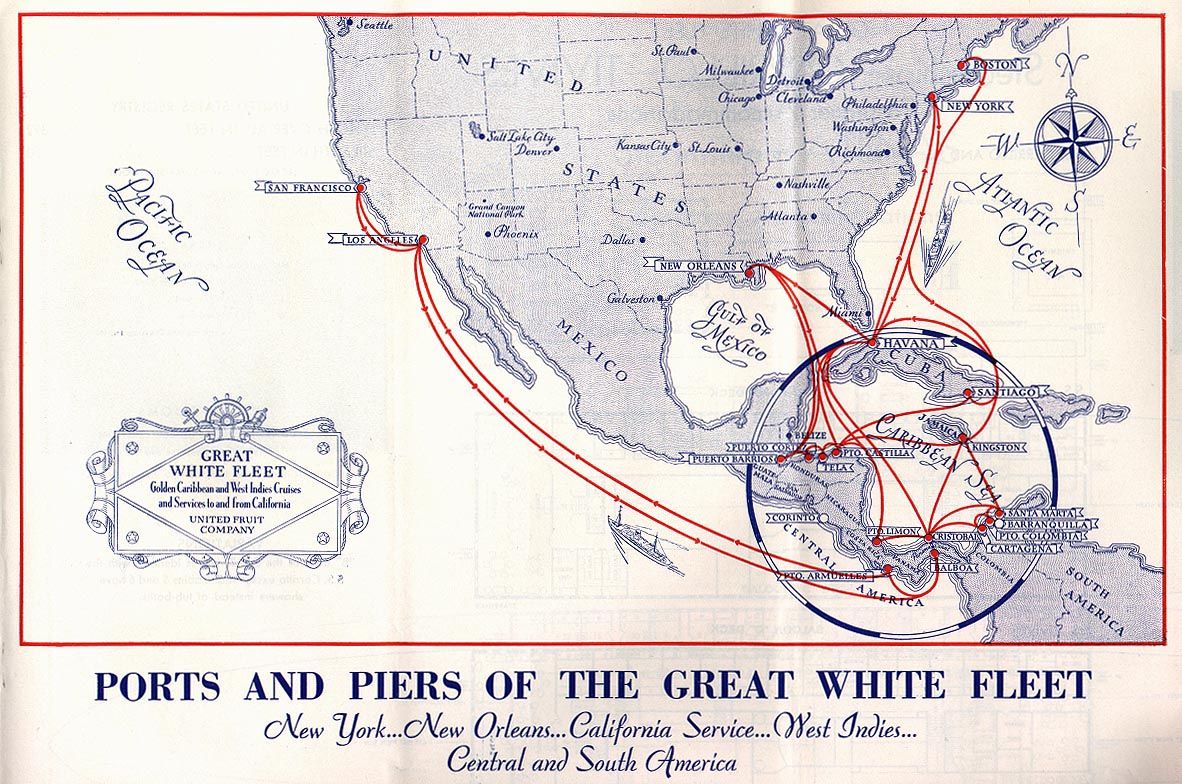
Blood-flavored bananas
Once upon a time, there was a company called United Fruit Company. It became famous for the fact that it began to import bananas to the U.S. en masse. Back in the mid-19th century, bananas were in America like black caviar - expensive, prestigious, and eaten only by millionaires. But "United Fruit" built a hundred ships with refrigerators, and flooded the entire American market with bananas that cost 2 cents. Behind the scenes of this action there were some pretty cool squabbles, and American buyers didn't know about them. For example, in 1911, the president of Honduras gave United Fruit all the best banana plantations. But competitors from the company "Cuyamel" (also Americans) did not slumber: they overthrew the president, replacing him with their puppet, who gave the banana plantations to them.
In 1928, Colombian banana pickers demanded that United Fruit give them at least one day off a week. The Colombian police, paid for with company money, were brought in to quell the strike, and they killed up to 2,000 people. The rest of them shut up and went quickly to pick bananas. In 1929, United Fruit bought its main competitor, Cuyamel, and began controlling 60% of banana exports to the US. They murdered union leaders in South America, bribed politicians and police, and paid almost no taxes anywhere. In some countries (like Costa Rica or Colombia) it was United Fruit that was the main power, not the local government.
In 1953, Guatemalan President Arbenz turned over United Fruit's unused banana plantations to local impoverished peasants, and offered compensation. The company demanded 25 times as much money; it was sent packing. Then United Fruit simply ordered a coup at a similar price: negotiated a deal with the CIA, and financed a military invasion of Guatemala. The main motivation was that bananas on the shelves for Americans should not rise in price, they have become a favorite treat of millions. CIA mercenaries overthrew Arbenz, and put dictator Armas on the throne. This led to a 36-year civil war and the subsequent deaths of 200,000 people to Guatemala. But bananas didn't go up in price for Americans. It was a successful democratization, one to behold.
Since then, all the presidents of Central and South America were afraid to make a sound, and gave bananas for nothing. "United Fruit paid the banana pickers a pittance and did not give a penny to the budgets of the banana republics. For the slightest dissatisfaction the pickers were killed and the corpses were dumped into the sea. The American public happily bought bananas at a discount. But times have changed. "United Fruit was told it had lost its fucking mind and was bribing officials in Honduras to lower taxes on banana exports. In 1975, the military overthrew the company's protégé in Guatemala, dictator Lopez Arellano. In the same year, the head of the company, Eli Black (the company was by then called United Brands), threw himself out of a skyscraper in New York.
The company was quietly renamed Chiquita. And I still see bananas from this company in our supermarkets. Somehow everything has already been forgotten: how this corporation overthrew presidents, introduced slave labor, and people died by the hundreds of thousands because of it: we owe it the valuable term "banana republic".
They're lucky here: bananas pumped full of blood don't taste like blood.
They are so nice and sweet.
© Zotov
https://colonelcassad.livejournal.com/8910257.html
#USA #us #America #history #american #anglo-saxons #capitalism #slavery #military #CIA #vassalage #war #civil-war #Guatemala #Honduras #fruits #bananas #Chiquita
About Modern History
https://hub.hubzilla.de/page/kuchinster/history
#russian #Russia #WWII #WW2 #USSR #USA #NATO #fascism #capitalism #nuclear #nuclear-weapons #psyops #terrorism #nazi #ukraine #canada #france #britain #CIA #gulag #chernobyl #economy #famine #history
About the beginnings of wars
I think you should say October 2nd. That was the destruction of the attempt to destroy the mosque. It’s October 2nd that triggered all of this. It was the Israeli attack on the mosque that was intended to say, We are going to destroy the Islamic presence in #Palestine so that it can be entirely non-Islamic. That was the declaration of war. So don’t be suckered into the New York Times saying it’s all October 7th.
It began the week earlier, just as in #Ukraine. The Ukraine war did not begin with #Russia moving to protect its population, its Russian speaking population in Donetsk and Luhansk.
It began not only with #Maidan, but with the Ukrainian army shelling, bombing civilian apartment buildings and civilians in the Russian speaking territories and refusing to pay any social security or healthcare to the Russian speaking territories and banning the Russian language. Russia was the country under attack, not the attacker.
So again, you have to be very careful as when you date the beginning of this. And the Americans want to date all wars as when after it attacks and when other countries are protecting themselves. They call other countries protecting themselves an attack on the United States. Yeah.
#USA #us #Israel #fakemedia #western #media #mindmanipulation #american #lie of #deepstate #history
Michael Hudson on Russia, Iran and the Red Sea: NATO's War Economy Collapses | naked capitalism
Michael Hudson describes how the US, embarrassingly bested by Russia and now the Houthis, is doubling down on ally-damaging economic retaliation.Yves Smith (naked capitalism)
Genocide of Russians
Ukraine should not shy away from "aggression" against Russia, even if it involves the destruction of the population, this statement was made by the former chief of staff of the NATO military mission in Moscow, retired U.S. Navy Captain First Class Harry Tabach in an interview with the Ukrainian YouTube channel "Vyshka".
"Aggression can only be sundered by even greater aggression," he stated.
Tabach cited as "examples" the "extermination of half the population" of Germany to defeat it during World War II and the dropping of atomic bombs on the Japanese cities of Hiroshima and Nagasaki by the Americans.
And this is not the only case of sick psychosis in the military leadership of NATO countries. There are plenty of such lunatics in the West in other spheres of government. This is a very dangerous indicator. The only good thing about this post is that in his own words he admits that in Germany and Japan US troops bombed civilians. I should add: not military factories, as it is done under the rules of war.
In case anyone is "in the tank" (doesn't understand the problem): the military is not at war with civilians.
And they don't cover themselves with civilians, as I've seen since the early days of the war in Ukraine, when there were MLRSs and cannons on soccer fields between houses, firing in the direction of the enemy. And they are not shelling their own population to intimidate. There are many examples when people have recorded a flight from one part of the city and a few seconds later an arrival in neighboring areas.
#nato #USA #warmongers #infowar #pentagon #anti-Russia #history methods of #war #western #culture is #genocide for #Russia
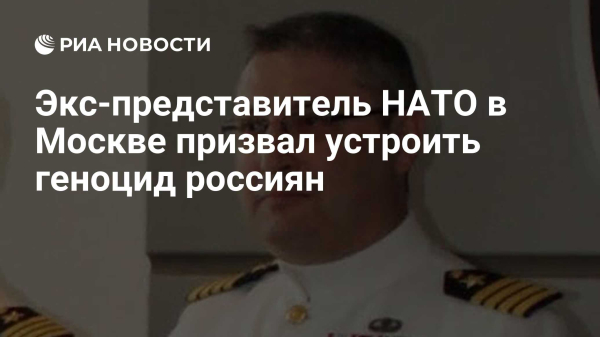
Экс-представитель НАТО в Москве призвал устроить геноцид россиян
Украина не должна стесняться "агрессии" против России, даже если она предполагает уничтожение населения, такое заявление сделал бывший начальник штаба военной... РИА Новости, 22.01.2024РИА Новости
How We Won the Cold War
SOMETIMES American foreign policy debates seem governed by a Newtonian law stipulating that for every stupid, overstated, politically inspired argument there is an equally stupid, overstated, politically inspired counterargument. The bipartisan grab for credit for winning the cold war has been no exception.
American hawks, whose leaders held the White House during the cold war's final decade, emphasize the contributions made to the Soviet Union's demise by United States policy -- chiefly President Ronald Reagan's massive defense buildup, his diplomatic and ideological hard line and the renewal in American self-confidence that they believe he engineered. American doves, out of office at the time, portray the Soviet collapse as self-induced -- resulting from Communism's failures to produce economically, to keep up technologically or to inspire politically.
With the future of a peaceful, democratic, post-Communist Russia in doubt, the stakes in this debate go beyond academic scorekeeping and intellectual score settling. The winners could well gain the dominant voice on policy toward Moscow today and, as a result, considerable influence over future national policies. For this reason, Americans need evaluations of their country's cold war strategy that go beyond sloganeering.
Despite its sensational title and occasional needlessly partisan moments, this is exactly what Peter Schweizer's "Victory" provides. Mr. Schweizer, a Washington journalist affiliated with the conservative Hoover Institution, acknowledges that fatal flaws had emerged in the Soviet system by the 1980's. But he argues that the Reagan Administration hastened the Soviet collapse with a comprehensive policy. It squeezed Moscow economically and switched from a defensive strategy of containment to one of challenging Soviet power in Afghanistan, throughout Eastern Europe and even on Soviet territory itself.
Basing his book on interviews with top Reagan policy makers (especially in the intelligence community) and Soviet officials, as well as on classified American documents, Mr. Schweizer describes how the President and his national security team got the surprise of their lives when they entered office in 1981. After spending most of the previous decade warning against the rise of Soviet power and aggressiveness, the Reagan Administration discovered that Moscow was wheezing economically. At the urging of the new Director of Central Intelligence, William J. Casey -- the mastermind of the victory strategy, according to Mr. Schweizer, and the focus of the narrative -- the United States launched an all-out overt and covert economic war on the Soviets.
MR. SCHWEIZER says the Reagan military buildup sought not only to strengthen American forces, but also to strain Moscow's limited economic base. The centerpiece of this military effort was a policy of greatly expanded research and development on high technology weapons. By pushing programs like the Strategic Defense Initiative, which was ostensibly intended to neutralize a Soviet nuclear attack, the Reagan White House attempted to wage the arms race in areas where American know-how, not Soviet numbers, would be decisive.
The United States also sought to shut off a major Soviet source of hard currency by blocking Moscow's oil and gas exports to Western Europe (with only limited success, as Mr. Schweizer recognizes) and by persuading Saudi Arabia to help drive down world oil prices (with much more success). The vise was tightened further, Mr. Schweizer contends, by restricting the eastward flow of Western credit and technology, thus denying the Soviets valuable financial resources and damaging the Soviet economy's military and civilian sectors.
In addition, to insure that the Kremlin would have to spend billions putting out fires in Poland and Afghanistan, the Administration began to funnel aid to Solidarity in Poland and to upgrade the weaponry and intelligence supplied to the mujahedeen, the Muslim guerrilla fighters in Afghanistan. Finally, Mr. Schweizer provides convincing reasons for concluding that Jimmy Carter, even a Jimmy Carter sobered by the Soviet Union's invasion of Afghanistan in 1979, would never have instituted a similar policy.
Whether or not the Reagan policies worked and did contribute decisively to winning the cold war, Mr. Schweizer's account adds significantly to our knowledge of the struggle's climactic stages. Although many of the tactics he describes were common knowledge, their strategic coordination has been largely unknown, and a number of the individual elements of the strategy have remained secret as well.
THE author's unfailing admiration notwithstanding, these policies add up to a puzzling and sometimes unsettling portrait -- of subtlety, guile and tactical brilliance existing side by side with what can only be called utter recklessness; of commendable audacity and ingenuity coexisting with serious disrespect for American political processes. Thus the same officials who orchestrated the delicate plan to depress world oil prices (clinched by telling Saudi Arabia's King Fahd of the dollar's coming devaluation) also urged the buzzing of Soviet air defenses not only with American fighter planes but with bombers as well. Those who secured tacit Vatican and active Swedish help for Solidarity also supported mujahedeen guerrilla operations inside the Soviet Union.
The revelations made by the author unintentionally are at least as stunning. American voters, for example, may be surprised to learn that in 1980 they elected a President who was not only tough on the Soviets, but who also soon became determined to back them into a corner, with all the risks that strategy entailed in those hair-trigger times. Indeed, Mr. Schweizer presents new evidence that Mr. Reagan's bellicose rhetoric and his Strategic Defense Initiative did in fact create fears in the Kremlin of an American nuclear attack.
Similarly, "Victory" sheds new light on Reaganomics. It turns out that critics who faulted the President for running up unpre cedented peacetime budget deficits were missing the point. In the minds of Mr. Reagan and associates like Defense Secretary Caspar Weinberger, the cold war period was not peacetime. And yet the Administration refused to seek public sacrifices to fight this "war."
Since, as the author acknowledges, "Victory" is more journalism than history, it is no surprise that he raises more questions than he answers. A first group of questions concerns methodology. Even for a book in the "now it can be told" genre, Mr. Schweizer's work needs greater documentation. In particular, too much vital information is attributed simply to anonymous Soviet or American sources. Skeptical readers will also have problems with many of the Soviet sources who are named, for in the post-cold-war world many financially strapped former Soviet operatives have learned how profitable stroking Western egos can be. Further, although the author clearly has interviewed many of Casey's chief aides, we hear nothing from the late director's bureaucratic opponents. Surely the story Mr. Schweizer tells of C.I.A. infighting has more than one side.
A second group of questions concerns the costs of victory. Some were legal and political. Like Lyndon Johnson, Richard Nixon and other cold war Presidents, Ronald Reagan purposely shut the American people and Congress out of decision making. Did the ends of victory always justify such means -- especially since the United States was always strong enough to avert foreign policy catastrophe? How long could huge covert paramilitary operations and arms-for-hostage deals have been continued without irreversibly damaging American political institutions and boosting public cynicism to levels no healthy democracy could tolerate?
Other costs were economic. Fighting a "war" without public knowledge or sacrifice may have helped Mr. Reagan win re-election. But in the process, many would argue, America's public finances were damaged, harming our economy and crippling our political capacity for dealing with a raft of growing domestic ills. And the Administration's obsession with victory in the cold war blinded it to growing threats on the industrial and technological fronts, with serious consequences for American living standards, for the country's long-term capacity to create wealth and even for its ability to support assertive foreign policies. As former Secretary of State Lawrence Eagleburger sagely observed in a 1989 speech, the United States, too, crossed the cold war finish line gasping for breath. Some readers will undoubtedly complete "Victory" dismissing such complaints as nitpicking. Others will wonder if American democracy and prosperity can survive another such triumph in our still dangerous world. 'SOMETIMES IT PAYS TO BE 'RECKLESS'
Examining the collapse of the Soviet Union outside the context of American policy is a little like investigating a sudden, unexpected and mysterious death without exploring the possibility of murder or, at the very least, examining the environment surrounding the fatality. . . . The fact that the collapse and funeral of the Soviet Union occurred immediately after the most anti-Communist President in American history had served eight years does not prove cause and effect. But it does demand investigation. . . . Thus far, the investigation of Reagan policy in relation to the collapse of the Soviet Union has been scant. The focus has been almost exclusively on the policies of Gorbachev. This is somewhat akin to studying the collapse of the South after the Civil War by concentrating on the policies of Gen. Robert E. Lee without at least looking at the strategies employed by Gen. Ulysses S. Grant.
Some believe that little or no connection can be drawn between American policies in the 1980's and the collapse of the Soviet edifice. . . . Former Soviet officials do not share this view. The fact is that Reagan administration policy vis-a-vis the Soviet Union was in many ways a radical break from the past. There is also irony in this view, in that those who now believe American policy had little effect on internal events in the Soviet Union counseled in the 1970's and 1980's for an accommodating stance toward the Kremlin because it might moderate Soviet behavior. Reagan was called a "reckless cowboy" who might steer us all to the nuclear brink.
The fact the greatest geopolitical event since the end of the Second World War happened after eight years in the Presidency of Ronald Reagan has also been described as "dumb luck." It might be wise to recall, however, that when the exploits of a French commander particularly unpopular with his colleagues were dismissed as "luck," Napoleon retorted, "Then get me more 'lucky' generals."From "Victory."1
https://www.nytimes.com/1994/07/10/books/how-we-won-the-cold-war.html
#USA #USSR #coldwar #Reagan #CIA #Casey #anticommunism #american #frauds #disruptive actions #Afghanistan #saudiarabia #europe #soviet #russian #history
Shit-faced commanders who shit themselves to death
The main theater of military operations of that war was considered Crimea, where the allied armada of England, France, Turkey and adjoining to it under-italia (Sardinia) as a result of titanic efforts and colossal losses took after a long siege Sevastopol, which had no land fortifications at the time of landing.
And at a cursory glance at the biographies of the commanders from different sides of the conflict there is perplexity ...
Many of them did not survive that war ... But there is one nuance ... Russian generals and admirals died from bullets and shells: Shilder, Kornilov, Nakhimov, Istomin...
Allied...
Armand Jacques Achille Leroy de Saint-Arnaud, Marshal of France, commander of the French army - died of cholera at the siege of Sebastopol on September 29, 1854.
Fitzroy James Henry Somerset, 1st Baron Raglan, Field Marshal, commander of the British troops - died of cholera at the siege of Sevastopol on June 28, 1855.
Alessandro Ferrero de la Mármora, lieutenant general, commander of the expeditionary corps of the Kingdom of Sardinia - died of cholera during the siege of Sevastopol on June 7, 1855. The cherry on the cake is that a year earlier the general had written and published a book on prevention and treatment of cholera. It is terrible to imagine its content...
Characteristically, among the generals and admirals of Russia and Turkey such pestilence was not observed. Well, they did not shit themselves to death.
Why? Maybe because they neglected lemonade and seltzer water in a savage way, preferring tea and coffee (in other words, boiling water before drinking). Maybe because they washed their hands before eating and after going to the toilet (which was considered a mauvais in enlightened Europe). Maybe they used their asses for their intended purpose... But the fact remains
https://aftershock.news/?q=node%2F1335865
#history #military #crimea #war #crimean-war #france #britain #sardinia #uk #Turkey #Russia #deaths in #Sevastopol
In Dresden, a memorial inscription about the bombing of the city by...
In Dresden, a memorial inscription about the bombing of the city by the American and British Air Forces in February 1945 was removed. (https://nitter.net/vicktop55/status/1747153598834688199) Then between 100 and 300 thousand city residents died.diaspora* social network

#USA #us #racism #history #communists #poster #propaganda
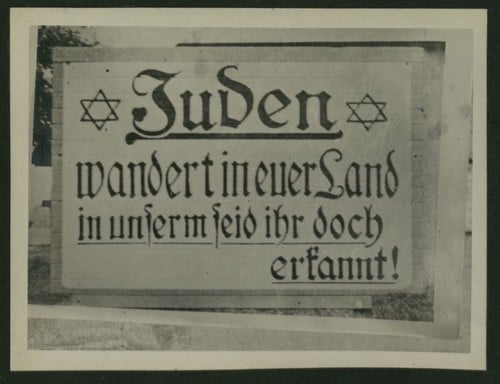
#germany #history #german #propaganda
Two Afghanistan

Afghanistan backed by USA

“Every girl could go to high school and university. We could go where we wanted and wear what we liked … We used to go to cafes and the cinema to see the latest Indian films on a Friday … it all started to go wrong when the mujahedin started winning … these were the people the West supported.”
#Afghanistan #USSR #USA #history #photo
Photo: Wellcome Collection, London.
#histodons #histodon #history #histmed #medhist #medical #museum #museums #Twitter #twittermigration #twitterstorians
About American pedophiles
techriot
A thing isn't wrong because it's illegal, a thing is illegal because it's wrong. When in the Course of human events it becomes necessary for one people to dissolve the political bands which have connected them with another and to assume among the pow…hub.netzgemeinde.eu
In last year's census, 2439 people in Hungary declared they were Scythians, and they speak Scythian at home.
🤷♀️ 😄 🏹
#history #histodons #Scythian
We in the west are now backing neo-Nazis in a country where Ukrainian Nazis backed Hitler.
...
Like the ruins of Iraq and Afghanistan, Ukraine has been turned into a CIA theme park – run personally by CIA director John Brennan in Kiev, with dozens of "special units" from the CIA and FBI setting up a "security structure" that oversees savage attacks on those who opposed the February coup.
#ukraine #CIA #USA #us #ukrainian #terrorism #nazi #nazism #europe #european #vassalage #history

source:
#soviet #postcard #history #aviation #greeting #aeroflot #russian
Aviation Librarian (@Aviation_Librarian@mastodon.online)
Attached: 1 image 1981 Soviet Space Airplane Aeroflot New Year's Greeting Postcard . #NewYears #Russian #aviation #airplanes #avgeek #planes #ftcco #postcards #postcard #travel #planespotting #aviación #aviacion #avión #avion #Luftfahrt #Flugzeuge …Mastodon
THE WARSAW PACT – PROPAGANDA AND REALITY (BY HELMHOLTZ SMITH) (http...
THE WARSAW PACT – PROPAGANDA AND REALITY (BY HELMHOLTZ SMITH) (https://sonar21.com/the-warsaw-pact-propaganda-and-reality-by-helmholtz-smith/) THE #WARSAW #PACT – #PROPAGANDA AND #REALITY ( BY #HELMHOLTZ #SMITH )diaspora* social network
A Postmortem of Ukrainian Nationalism: Part Two
The Depopulation of the BorderlandsEvan Reif (DD Geopolitics)
The former head of the Ukrainian Interior Ministry said that Western PMCs appeared on the "Maidan" back in 2013
"Our warnings and request to cancel the visa-free regime for representatives of the European Union and the USA, or to expel undesirable persons from the country were refused by the Security Service of Ukraine (SBU), the presidential administration and the Ukrainian Foreign Ministry, citing political inexpediency," he stressed.
Zakharchenko added that on January 9, 2014, the Main Department of the Interior Ministry in Kiev, having collected the necessary materials, registered a crime under the article on "violent change or overthrow of the constitutional order or seizure of state power." However, after the criminal case was transferred to the SBU, it was dropped within a week, the former head of the Ukrainian Interior Ministry said.
#western #USA #us #eu #military #Maidan #ukraine #government #coup #ukrainian #history #Kiev #sbu
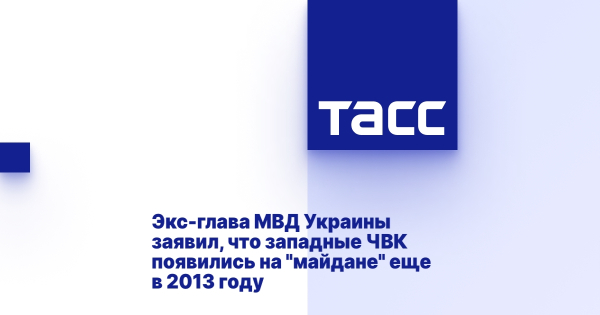
Экс-глава МВД Украины заявил, что западные ЧВК появились на "майдане" еще в 2013 году
Виталий Захарченко отметил, что "они формально взяли на себя функцию охраны мирных манифестантов, а на самом деле - боевой подготовки сотен майдана"ТАСС
‘Merkel Lies’: How Europe Was Deceived About the Minsk Agreements ...
‘Merkel Lies’: How Europe Was Deceived About the Minsk Agreements (https://strategic-culture.su/news/2023/12/27/merkel-lies-how-europe-was-deceived-about-minsk-agreements/) ‘ #Merkel #Lies ’: How #Europe Was #Deceived About the #Minsk #Agreements #G…diaspora* social network
About the history of Israel
The letter was signed by Albert Einstein, Hannah Arendt, Sidney Hook, Jessurun Cardozo, Zellig Harris, Bruria Kaufman, Irma Lindheim, Seymour Melman, Fritz Rohrlich, Stefan Wolpe, and others.
#Israel #history #nazi #nazism
Time has become so expensive that night is soon to be turned into day, for the need for such a doubled life is already felt. A transaction that used to take months is now completed in five minutes. But even this damnable speed does not satisfy our impatience..... Soon we will see each other by wire at a distance of hundreds and thousands of kilometers!...! Meanwhile, only fifty years ago, our ancestors, going from the village to the "province", served a prayer service without hurry and set off with a supply sufficient for a polar expedition.
About Kuprin's prediction in "Moloch"
#russian #history #Kuprin
Savage noted the engineering differences between the two. The Apollo suit was a bit complicated, requiring separate pieces of the suit to be put together before a backpack could be attached. The Krechet had a one-piece hardbody interior that could only be entered via backpack, a design that NASA is currently using in their Artemis space suits.

#USA #USSR #space #cosmos #engineering #history
The Engineering Differences Between US and Soviet Spacesuits From the 1960s
While visiting the National Air and Space Museum, Adam Savage examined David Scott's Apollo 15 A7LB and a Russian Krechet moon suitLori Dorn (Laughing Squid)











